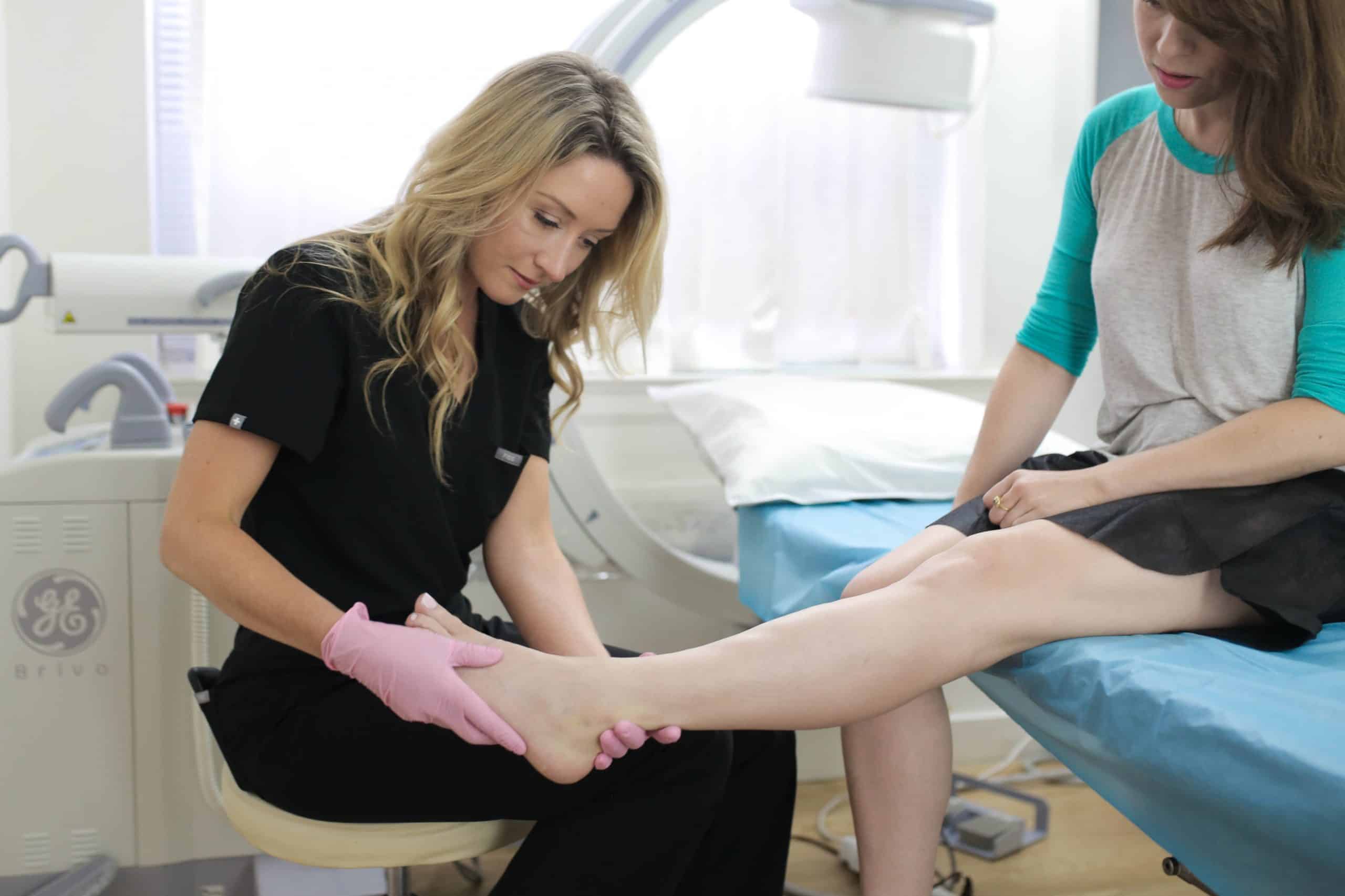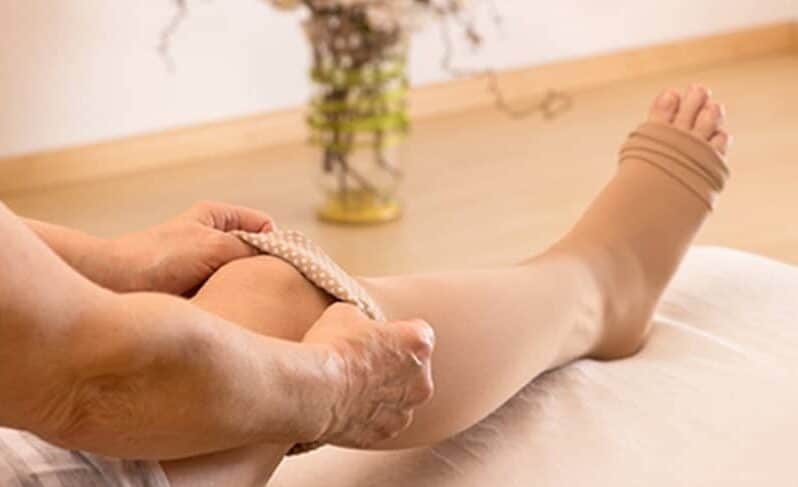What Distinguishes A Vein Specialist From Other Medical Professionals?
In the vast realm of medical professionals, one may find themselves bewildered by the diverse range of specialists, each dedicated to a specific area of healthcare. Among these specialists, vein specialists stand out as experts in the field of vascular health. They play a crucial role in diagnosing and treating various vein-related conditions, offering specialized care that distinguishes them from other medical practitioners. In this article, we will explore what sets vein specialists apart and delve into the world of vein centers, shedding light on their pivotal role in promoting overall well-being.
What Kind of Doctor is a Vein Specialist
A vein specialist, often referred to as a phlebologist, is a medical professional with advanced training in the diagnosis and treatment of venous disorders. Venous disorders primarily involve issues with the veins, which are responsible for carrying deoxygenated blood from various parts of the body back to the heart. While many medical professionals can address general health concerns, vein specialists are uniquely equipped to manage and address the intricacies of vein-related conditions.

Comprehensive Education and Training
Vein specialists undergo a rigorous educational and training path. They typically begin their journey as medical doctors (MDs) or doctors of osteopathic medicine (DOs). Following this, they pursue additional specialized training in venous disorders, often through fellowships or certifications in phlebology. This extensive training equips them with the knowledge and skills necessary to diagnose and treat a wide range of vein issues.
A Focus on Venous Health
One of the primary distinctions of a vein specialist is their exclusive focus on venous health. They are well-versed in various vein conditions, including but not limited to:
- Varicose Veins: Dilated and twisted veins that can cause pain, discomfort, and cosmetic concerns.
- Spider Veins: Small, visible veins that often appear on the legs and can be a source of aesthetic distress.
- Deep Vein Thrombosis (DVT): Blood clots that form in deep veins, potentially leading to serious complications if left untreated.
- Chronic Venous Insufficiency (CVI): A condition where the veins fail to efficiently return blood to the heart, resulting in swelling, pain, and skin changes.
Advanced Diagnostic Techniques
Vein specialists employ state-of-the-art diagnostic techniques to pinpoint the root cause of venous disorders. This often includes ultrasound imaging, which allows for a non-invasive and precise assessment of the veins. With these diagnostic tools, they can create personalized treatment plans tailored to each patient's unique needs.
What Do Vein Centers Do
Vein centers are specialized medical facilities that house vein specialists and offer a range of services dedicated to venous health. These centers play a pivotal role in enhancing the quality of life for individuals dealing with vein-related conditions.
Comprehensive Evaluation
When you visit a vein center, you can expect a thorough evaluation of your venous health. Vein specialists will conduct detailed assessments to identify any underlying issues, taking into account your medical history, lifestyle, and individual needs.
Personalized Treatment
One of the remarkable aspects of vein centers is their commitment to personalized treatment plans. Based on the evaluation results, a vein specialist will work closely with you to design a treatment plan tailored to address your specific condition, symptoms, and goals.

Minimally Invasive Procedures
Vein centers are equipped with cutting-edge technology, allowing vein specialists to perform minimally invasive procedures for a wide range of venous disorders. Procedures like endovenous laser treatment (EVLT), radiofrequency ablation (RFA), and sclerotherapy can effectively treat varicose veins and other venous issues with minimal discomfort and downtime.
Follow-Up Care
The journey to optimal venous health doesn't end with a successful procedure. Vein centers provide comprehensive follow-up care to monitor your progress and make any necessary adjustments to your treatment plan. This ensures the best possible outcomes and long-term well-being.
Conclusion:
In the intricate tapestry of medical professionals, vein specialists stand out as dedicated experts in venous health. With their advanced training and exclusive focus on veins, they offer unique skills and knowledge to address a wide range of venous disorders. Vein centers, on the other hand, serve as the cornerstone of vascular health, providing personalized care and minimally invasive treatments. The collaboration between vein specialists and vein centers plays a vital role in enhancing the lives of those dealing with vein-related issues, ensuring that their journey to better health is both effective and compassionate. So, the next time you or a loved one faces a venous concern, you can rest assured that a vein specialist and a reputable vein center are there to guide you on the path to improved venous health.
Comments
Post a Comment